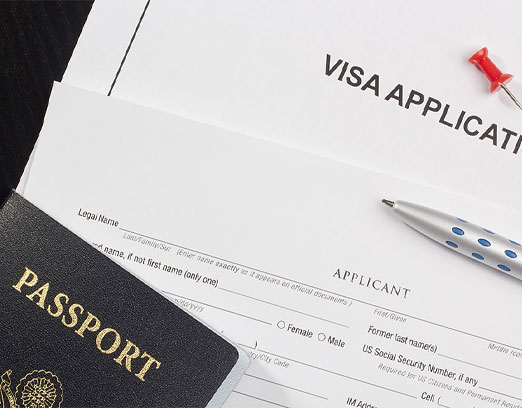
October 10, 2019
U.S. Federal Court orders for the implementation of the International Entrepreneur Rule
A U.S. district court judge recently ruled that the Trump administration could no longer delay the Obama administration era immigration rule designed to enable foreign entrepreneurs to temporarily stay in the U.S. under the International Entrepreneur Rule (IER) to grow their startups. This rule is more commonly referred to as the ‘startup visa’ route. The judge siding with the National Venture Capital Association (NVCA) in a lawsuit filed by them ordered the U.S. Department of Homeland Security (DHS) to begin accepting applications for foreign entrepreneurs to enter the U.S. under the IER.
In the lawsuit, the NVCA claimed that the DHS violated administrative procedures by delaying implementation of the rule without soliciting public comment.
The IER enables qualified entrepreneurs and their families to temporarily enter and stay in the U.S. despite not having a visa or green card up to a period of two and a half years with the possibility of a similar extension.
Conditions under the IER:
- The new startup entity must be set up in the U.S. within 5 years of making the application;
- The foreign entrepreneur can remain in the U.S. for a period up to 30 months in order to grow the startup which could be extended for a further period of 30 months;
- The applicant must have an ownership of at least 10% in the startup and play an active role in the business;
- The startup should demonstrate substantial potential for job creation and rapid growth; and
- A minimum investment of USD 250,000 from qualified U.S. investors is required or at least USD 100,000 in the form of grants from U.S. government entities with expertise in economic development, research and development or job creation.
The IER was set to come into effect from July 17, 2017, however, one week prior to the expected date, the U.S. DHS announced that it would delay its implementation until March 14, 2018 with the intention of rescinding it.
This rule is intended to attract foreign entrepreneurs, in turn benefitting the U.S. economy through increased business activity as well as acting as a workaround for foreign entrepreneurs since there is no good avenue for startup founders from other countries to build their companies in the U.S. currently.
Ashwina Pinto, Associate
Keywords: International Entrepreneur Rule, Startup visa, Foreign entrepreneurs, U.S. Department of Homeland Security
